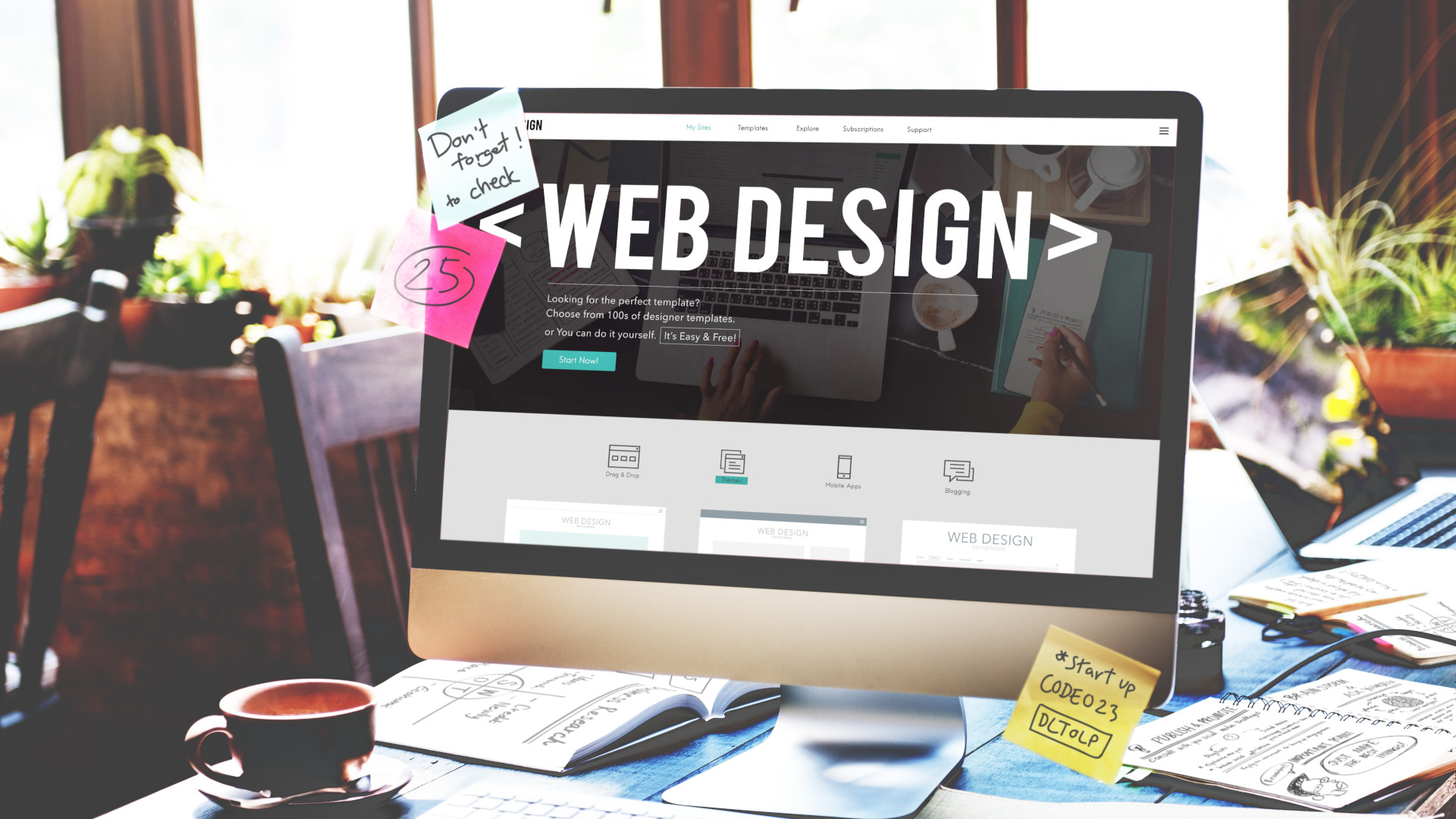Easy-to-Navigate Website Design Services That Improve Navigation and Functionality
Leading Tips for Developing an Impactful Web Site Layout That Converts
To attain this, one have to think about a range of factors, consisting of recognizing the target audience, prioritizing user experience, and maximizing for mobile systems. The tactical use of engaging call-to-actions and a well-defined visual power structure plays a crucial duty in directing users via their trip.

Understand Your Target Target Market
Comprehending your target audience is basic to reliable web site style, as it lays the groundwork for creating an interesting customer experience. Determining who your users are, including their demographics, choices, and habits, enables developers to customize the web site's material, format, and performance to satisfy specific demands.
Carrying out comprehensive marketing research is important in this procedure. Surveys, interviews, and analytics can provide valuable understandings into customer expectations and discomfort points. By assembling this information, designers can produce user characters that represent various segments of the target market, ensuring that layout decisions are informed and pertinent.
Furthermore, comprehending the target market helps in choosing ideal design aspects such as shade systems, typography, and imagery that resonate with customers. A website that speaks directly to its target market cultivates a sense of connection and depend on, urging longer gos to and higher conversion prices.
Inevitably, a user-centered approach to site style not just enhances individual satisfaction however additionally sustains company purposes by driving involvement and commitment. By prioritizing the requirements and choices of the target market, a site can successfully serve its objective and achieve wanted outcomes.
Prioritize Customer Experience
To improve the general effectiveness of a site, prioritizing individual experience (UX) is necessary (Website Design). A properly designed UX makes certain that site visitors can navigate the site effortlessly, find information quickly, and involve with material meaningfully. This brings about raised customer satisfaction and higher conversion prices
Begin by applying instinctive navigating. Menus must be practically structured, enabling individuals to locate key locations of the website with very little effort. Uniformity in layout aspects, such as color schemes and typefaces, cultivates experience, which is important for preserving individual engagement.
Additionally, take into consideration the filling speed of your site. A delay of simply a couple of seconds can bring about considerable drop-offs, as users are less likely to await a slow-loading web page. Enhancing pictures and optimizing code can boost efficiency and keep site visitors.
By focusing on customer experience, you not only develop a more satisfying environment for site visitors however additionally reinforce your brand's trustworthiness. Eventually, an emphasis on UX is a financial investment in the lasting success of your website.
Optimize for Mobile Gadgets
Enhancing for mobile phones is crucial in today's digital landscape, where an increasing number of users access sites with mobile phones and tablets. A mobile-friendly style not only improves individual experience however additionally plays a significant role in enhancing search engine rankings. To attain this, it is necessary to adopt a receptive layout that automatically gets used to various screen sizes and orientations.

Loading rate is another important element; mobile users are typically less patient and expect fast access to info. By focusing on mobile optimization, you make sure that your internet site stays competitive and successfully engages a broader audience.
Use Engaging Call-to-Actions
A site's effectiveness usually rests on its ability to direct site visitors toward preferred actions, making compelling call-to-actions (CTAs) necessary components of design. CTAs serve as the essential factors that route users to engage with the site, whether that implies purchasing, enrolling in a newsletter, or downloading a resource.
To develop effective CTAs, clarity is extremely important. Use concise language that clearly connects the action you desire the customer to take.
Furthermore, the style of CTAs must stick out without being noticeable. Use contrasting colors and clear typefaces to guarantee they capture focus. In addition, think about using directional signs, such as arrows check or photos, to assist customers towards these switches. By concentrating on these elements, organizations can substantially improve user engagement, driving conversions and inevitably attaining their web site's goals.
Emphasis on Visual Power Structure
Reliable website layout relies heavily on a well-structured aesthetic hierarchy that overviews users through web content seamlessly. By arranging components in a manner that prioritizes info, developers can boost individual experience and facilitate decision-making. This involves utilizing size, shade, contrast, and spacing tactically to accentuate the most crucial parts of a web page.
Making use of larger typefaces for headings and subheadings establishes a clear distinction in between different sections, enabling users to check material effortlessly. Additionally, utilizing contrasting colors for buttons and calls-to-action can capture individual attention and motivate interaction. Whitespace is an additional crucial part; it prevents clutter and allows users to concentrate on key messages without interruptions.
Photos and graphics should match the message while additionally adhering to the recognized hierarchy, strengthening the total message (Website Design). Uniformity in layout aspects, such as shade plans and typography, additional strengthens the aesthetic power structure, making navigation user-friendly

Conclusion
Finally, efficient website style requires a thorough understanding of the target audience, prioritization of individual experience, and mobile optimization. The tactical use engaging call-to-actions and a distinct aesthetic pecking order even more improves individual engagement. By carrying out these principles, web sites can achieve greater conversion rates, making certain that design aspects not just attract visitors yet additionally promote smooth navigation and interaction. Eventually, a well-executed site design works as a vital element in driving customer actions and attaining organization purposes.